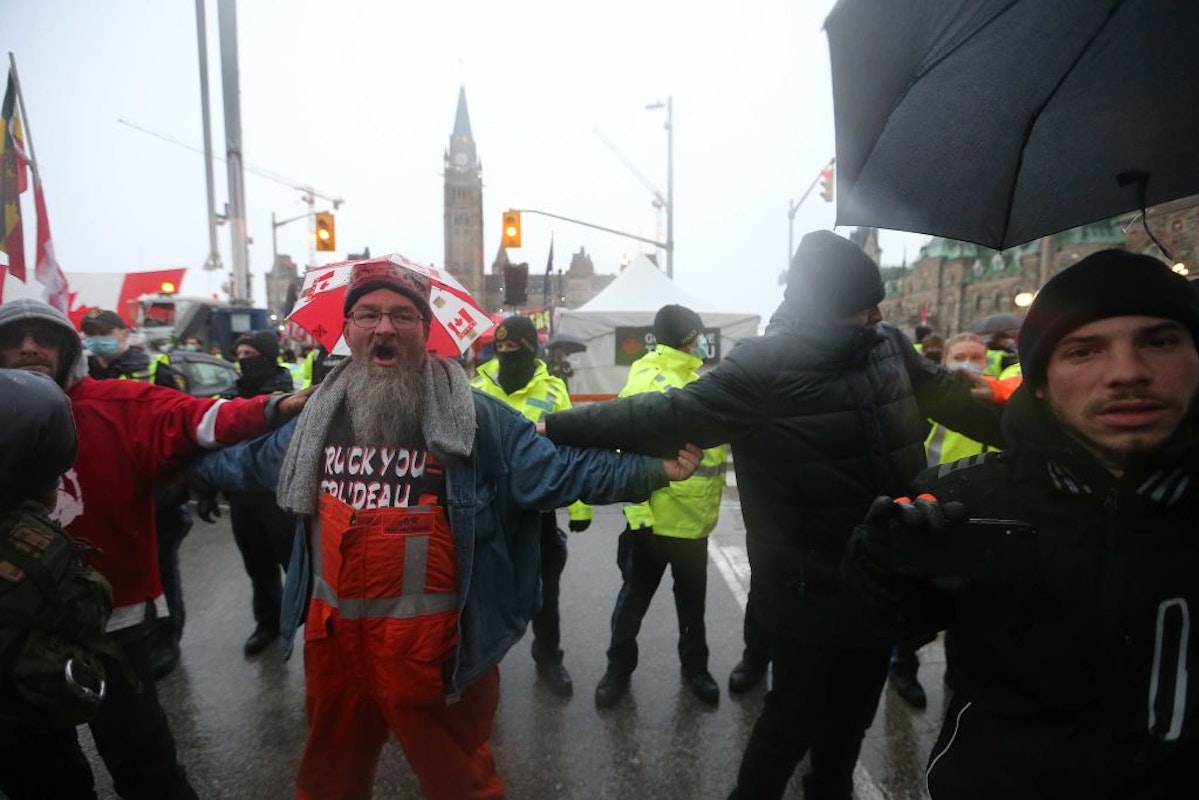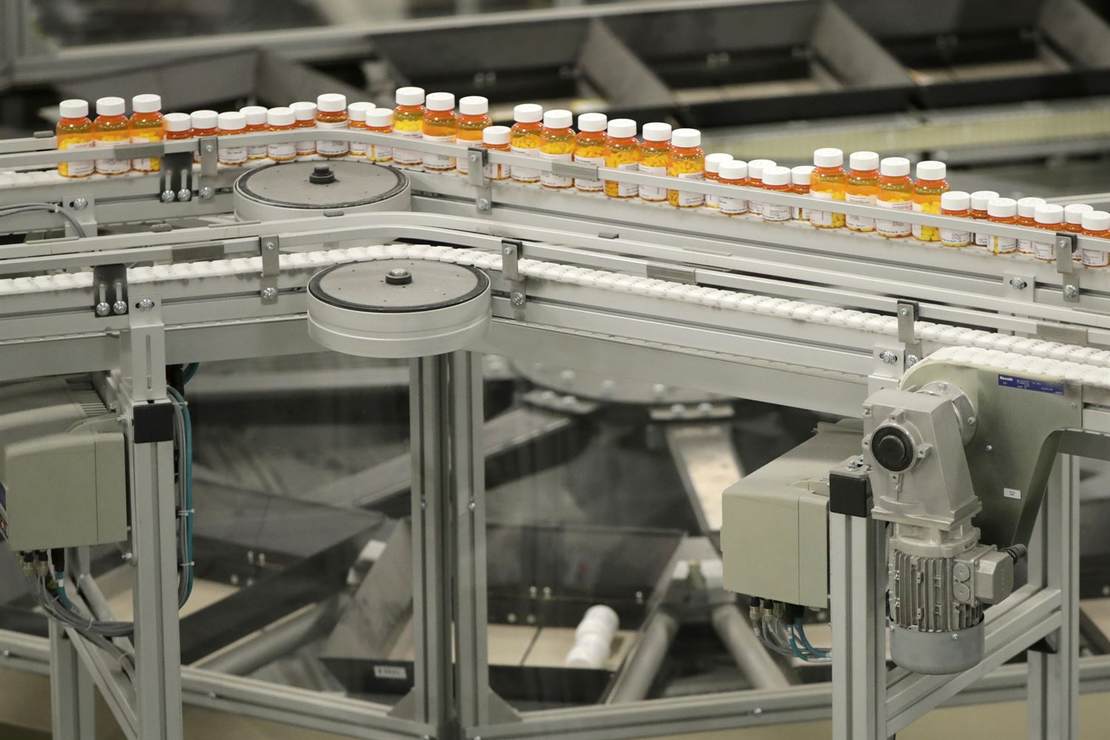
At the height of the Canadian trucker “Freedom Convoy,” as it occupied Ottawa, Canada’s capital, the Biden administration pressured Canadian Prime Minister Justin Trudeau to shut the convoy down.
The revelation of the Biden administration’s involvement came from an investigation into Trudeau’s decision to use the Emergencies Act, which replaced the War Measures Act in 1988 and had never been used before, to shut the truckers’ occupation down last February 14.
“After discussing with cabinet and caucus, after consultation with premiers from all provinces and territories, the federal government has invoked the emergencies act to supplement provincial and territorial capacity to address the blockades and occupations,” Trudeau announced in a press conference. “I want to be very clear, the scope of these measures will be time-limited, geographically targeted, as well as reasonable and proportionate to the threats they are meant to address. The emergencies act will be used to strengthen and support law enforcement agencies at all levels across the country.”
“In addition, financial institutions will be authorized and directed to render essential services to help address the situation including by regulating and prohibiting the use of property to fund or support illegal blockades,” Trudeau added.
Chrystia Freeland, Canada’s finance minister, asserted that banks and other financial institutions in Canada had the authority to “temporarily cease providing financial services where the institution suspects that an account is being used to further the illegal blockades and occupations. This order covers both personal and corporate accounts.”
“These changes cover all forms of transactions,” she continued. “The illegal blockades have highlighted the fact that crowd-funding platforms and some of the payment service providers they use are not fully captured under the proceeds of the Crime and Terrorist Financing Act.”
Days prior to that, on February 10, Freeland received a call from Brian Deese, the director of the National Economic Council and Biden’s top economic adviser, she told the current inquiry. “They are very, very, very worried,” Freeland emailed her staff, Politico reported. “If this is not sorted out in the next 12 hours, all of their northeastern car plants will shut down.”
Freeland then requested that Deese set up a call between Biden and Trudeau. He would “try to make it happen,” she wrote to staff.
“Brian Clow, Trudeau’s deputy chief of staff, had already heard from White House officials including Juan Gonzalez, special assistant to the president and the National Security Council senior director for the Western Hemisphere,” Politico noted.
Biden and Trudeau spoke on February 11. After the conversation, Clow alerted Freeland that that the two men spoke about American influence on convoy, including “money, people, and political/media support,” Politico stated.
U.S. Transportation Secretary Pete Buttigieg reportedly contacted Canadian Transport Minister Omar Alghabra urging him create “a plan to resolve” the issue of the convoy. Alghabra told the commission investigating the issue that the call was “unusual.”
Tim Pearce contributed to this report.
Related: Trudeau Announces Unprecedented Action, Freezing Bank Accounts Of ‘Freedom Convoy’ Protesters

